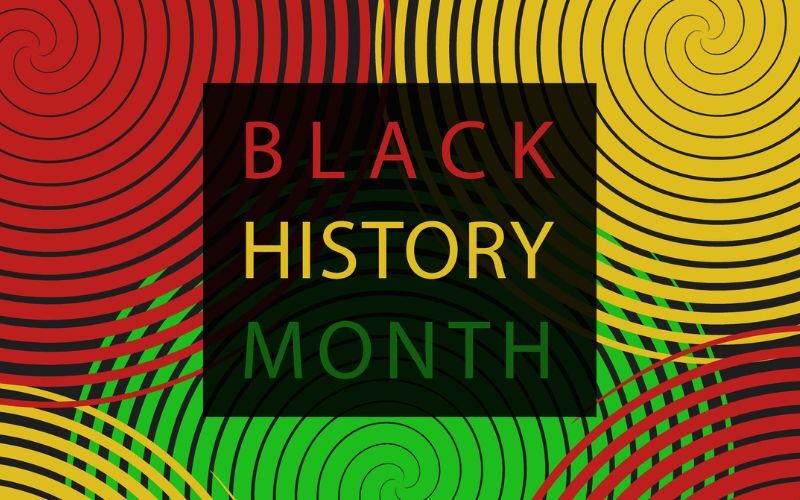
To understand the importance of Black History Month, we must first know the details of its origin. Carter G. Woodson, son of enslaved parents who received his Ph.D. from Harvard in 1912, attended the 15th anniversary of emancipation in Illinois in 1915. The event was attended by thousands of African Americans who came to see exhibits about the progress and achievements their people had made since slavery was abolished. Inspired and influenced by the event, Woodson decided to establish an organization that researched, promoted, and preserved the study of black life, culture, and history. He called it the Association for the Study of Negro Life and History (ASNLH), formed in 1915.
ASNLH Laid the Foundation
Woodson continued to promote the achievements of the African American community and encouraged other black organizations to do so as well. From here, the first Negro History Week was initiated by Woodson in February 1926. He chose this month due to the birthdays of significant figures in black American history, Abraham Lincoln and Frederick Douglas.
Schools’ and citizens’ response to more information was overwhelming, and the demand to meet their requests for more was challenging. As a result, black history clubs were formed in some progressive schools, and the ASNLH had branches across the country to assist in the education and sharing of information. Woodson also hoped this would help lead to the study of black culture throughout the year.
This was the path that Woodson envisioned, that African American achievements and heritage would not only be taught but celebrated. Then in 1976, President Ford recognized Black History month during the country’s bicentennial, and it was put into public law by Congress in 1986.
Knowledge is a Key to Countless Doors
The teachings and remembrance of black history were paramount to Woodson. He believed that black people should be proud of their heritage, learn from it, and that all Americans should be aware of the lesser-known accomplishments of African Americans.
“Those who have no record of what their forebears have accomplished lose the inspiration which comes from the teaching of biography and history.”
― Carter G. Woodson
All of us are all better served today by learning from the past. Part of the importance of Black History Month is that we learn from the mistakes of others so as not to repeat them, and we gain inspiration from stories of triumph over adversity to help us move forward.
The Importance of Black History Month is Unique to Everyone
For some, it’s a time to reflect on the resilience and courage of their ancestors. Others look to honor the sacrifices and contributions of African Americans’ role in shaping our country. But, no matter what Black History Month means to you personally, one of the most important things is that it should be celebrated.
“Black History Month shouldn’t be treated as though it is somehow separate from our collective American history or somehow just boiled down to a compilation of greatest hits from the March on Washington or from some of our sports heroes,” said Obama.
“It’s about the lived, shared experience of all African Americans, high and low, famous and obscure, and how those experiences have shaped and challenged and ultimately strengthened America,” he continued.
– President Barack Obama
At its core, Black History Month is a time for reflection. Not only in looking back and honoring the achievements of African Americans in the past and present but in looking forward to what we need to do as a country to eliminate social injustices and prejudices.


















